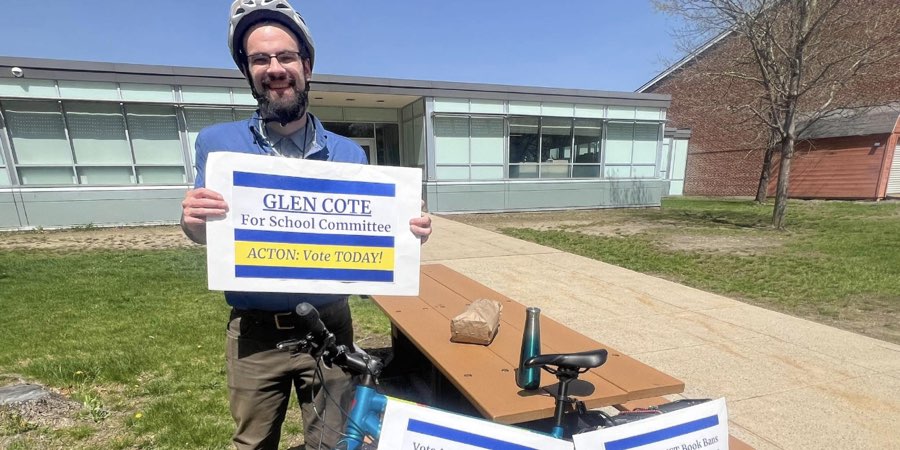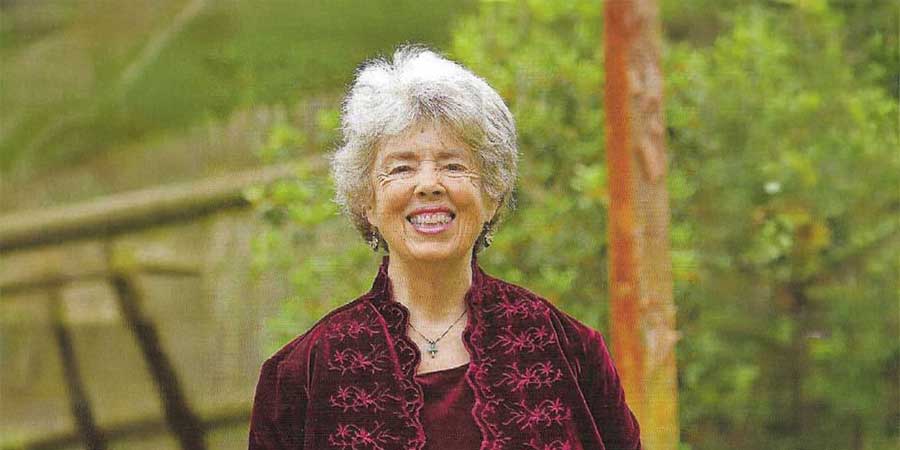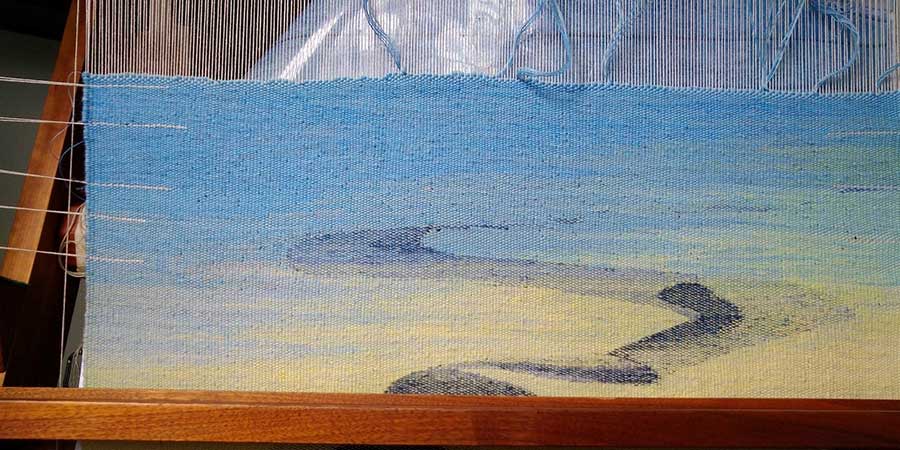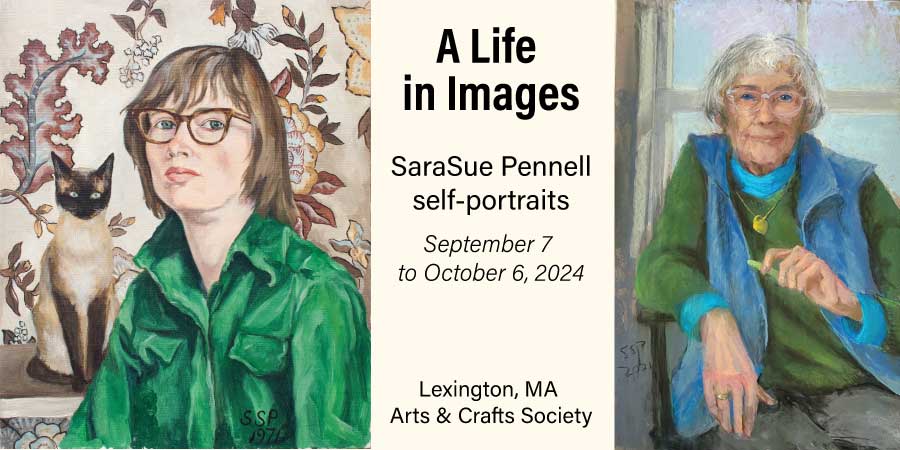THREE STARTING RESOURCES on microaggressions are:
- NPR Interview with Derald Sue — 8-minute listen or 4-minute read with clear definitions and examples from early thinker/practitioner on these dynamics.
- Eliminating Microaggressions: Next Level of Inclusion – A 10-minute video/TEDTalk, with clear explanation using examples. Consider replacing “workplace” with “faith community” as a way to apply to FMC or other Quaker groups.
- Pacific Yearly Meeting’s Worship Sharing and Dialogue with Attention to Ouch, Oops, Whoa (also sent out earlier from FMC’s M & C) about 4 minutes not including suggested links)
DIGGING DEEPER: Navigating Microaggressions
- Microaggressions Are A Big Deal: How To Talk Them Out And When To Walk Away – A 21- minute Code Switch Podcast that speaks to the challenges and choices for people of color, and offers important insights for all!
- ‘Interrupt The Systems’: Robin DiAngelo On ‘White Fragility’ And Anti-Racism: An 11-minute interview with Robin DiAngelo, including takeaways in text below.
DIGGING DEEPER STILL: More on Navigating Microaggressions, Patterns of Dominance, and Developing Patterns of respect & care:
- Conversations about being white and showing up for Racial Justice A 30-minute listen to Melody Brazo (Fresh Pond Meeting) and Lisa Graustein of Three Rivers Meeting.
- Robin DiAngelo’s new book NICE RACISM: How Progressive White People Perpetuate Racial Harm shows ways out of many patterns of white dominance and makes connections to other patterns of oppression – class, disability, gender.
- Thoughtful review of Nice Racism by Rev Andrea Ayvazian, a former Quaker who gave the 2002 NEYM plenary calling Quakers to a deeper commitment to anti-racism.
TOWARD NEW PRACTICES of RESPONDING to FEEDBACK and IMPACT:
- Harriet Lerner’s one-pager on how to apologize from Brene Brown’s Podcast
- Franchesca Ramsey’s 8-minute video makes clear the importance of impact and ways to respond.
FOR CHILDREN/FAMILIES
- Two resources from Embrace Race
- A 2-page action guide on how to talk with children when they commit, or are targets of, microaggressions. (Quick read with a PDF you can download and keep.)
- A 60-minute video on how to talk with children, with transcript if you prefer to read.
- Teaching first graders about microaggressions… while for teachers, is useful piece for parents of younger children to explore ways to discuss microaggressions. (Includes great teaching tool, “the crumpled heart.” I can imagine using this is FDS.)
- 16 ways to help children become thoughtful, informed, and BRAVE about race offers a overall approach for parents engaging their children on race and racism.
Friends for Racial Justice











